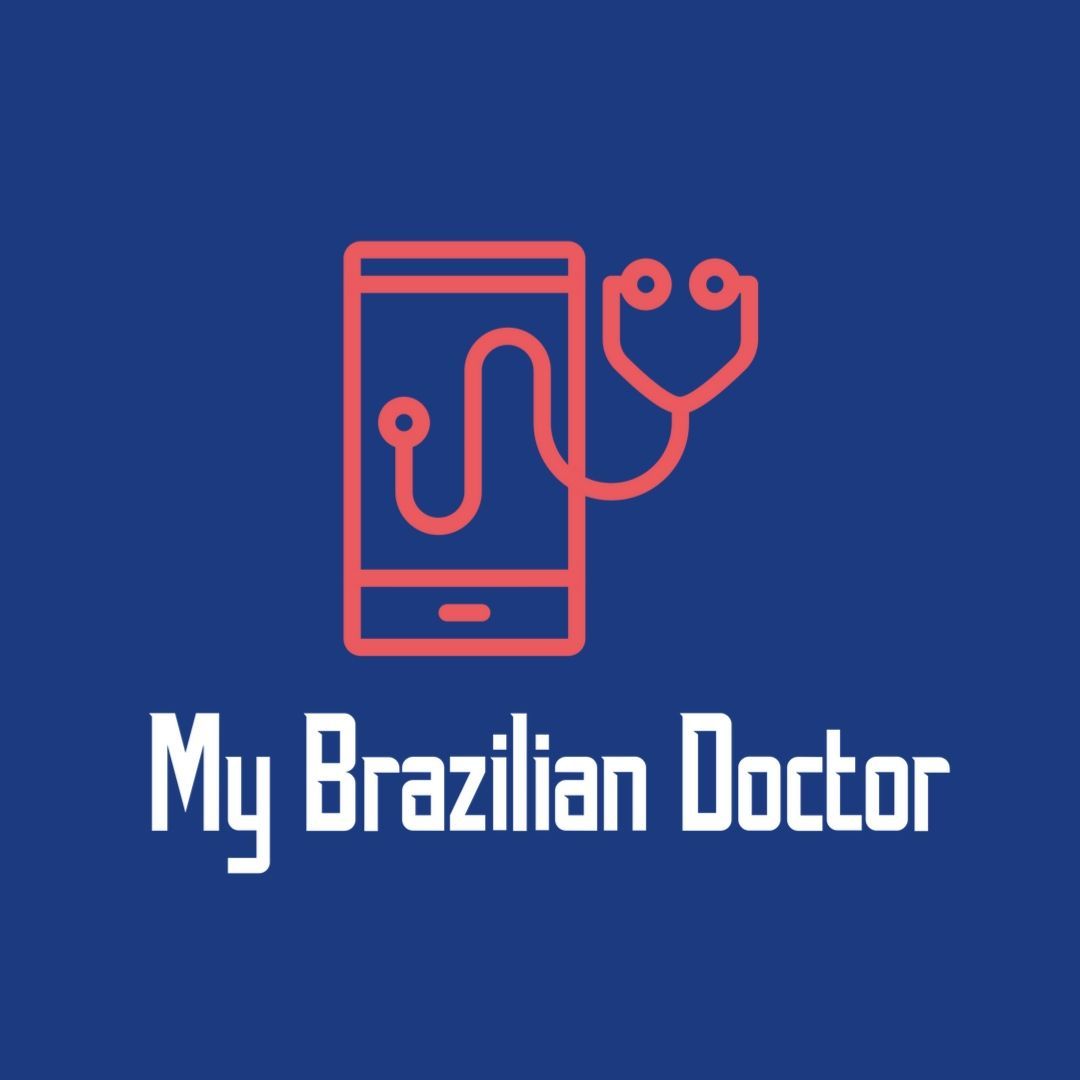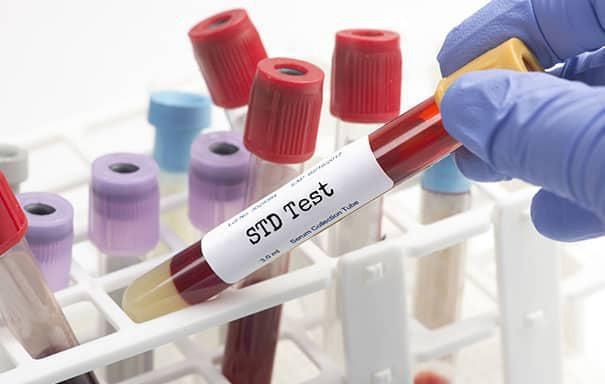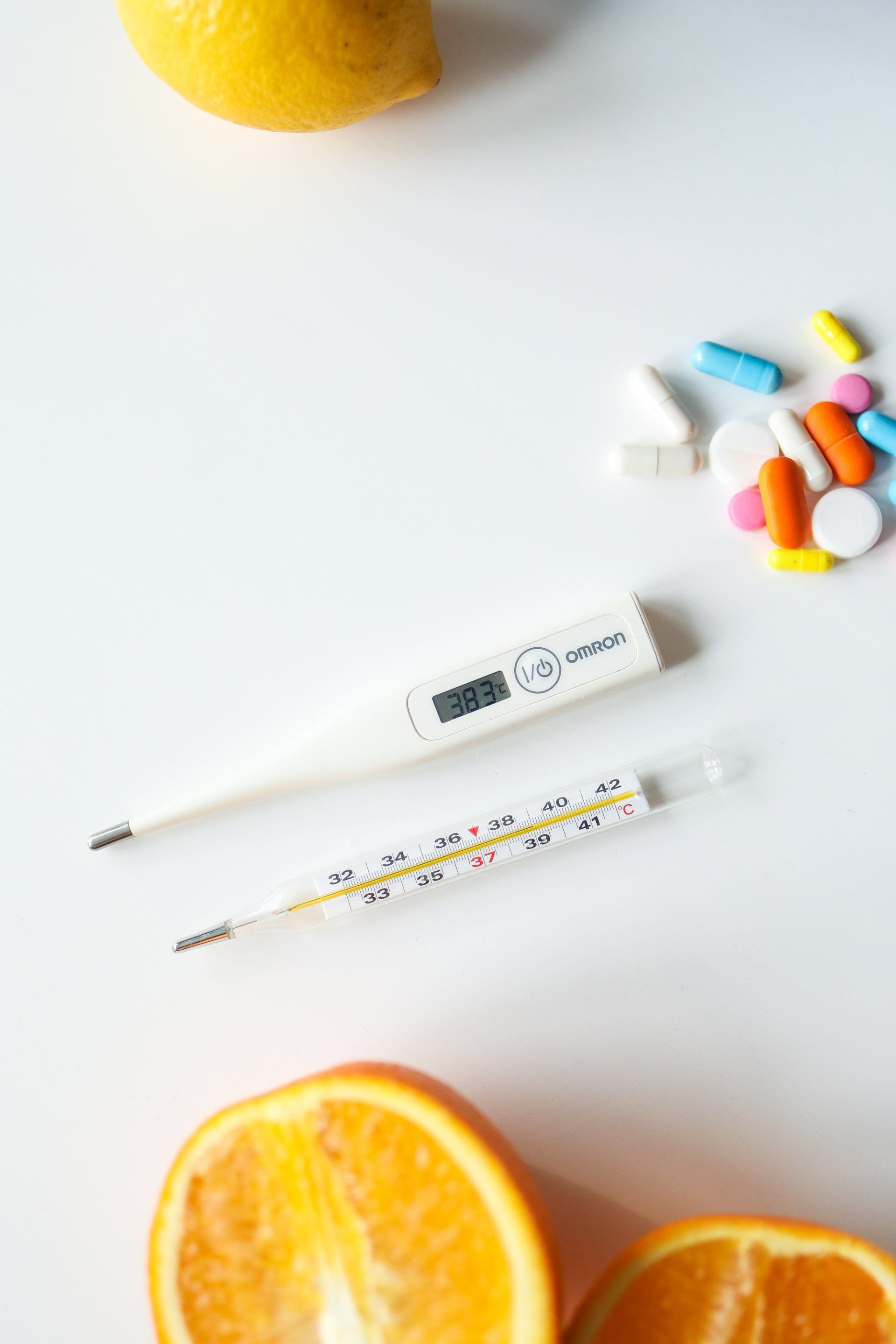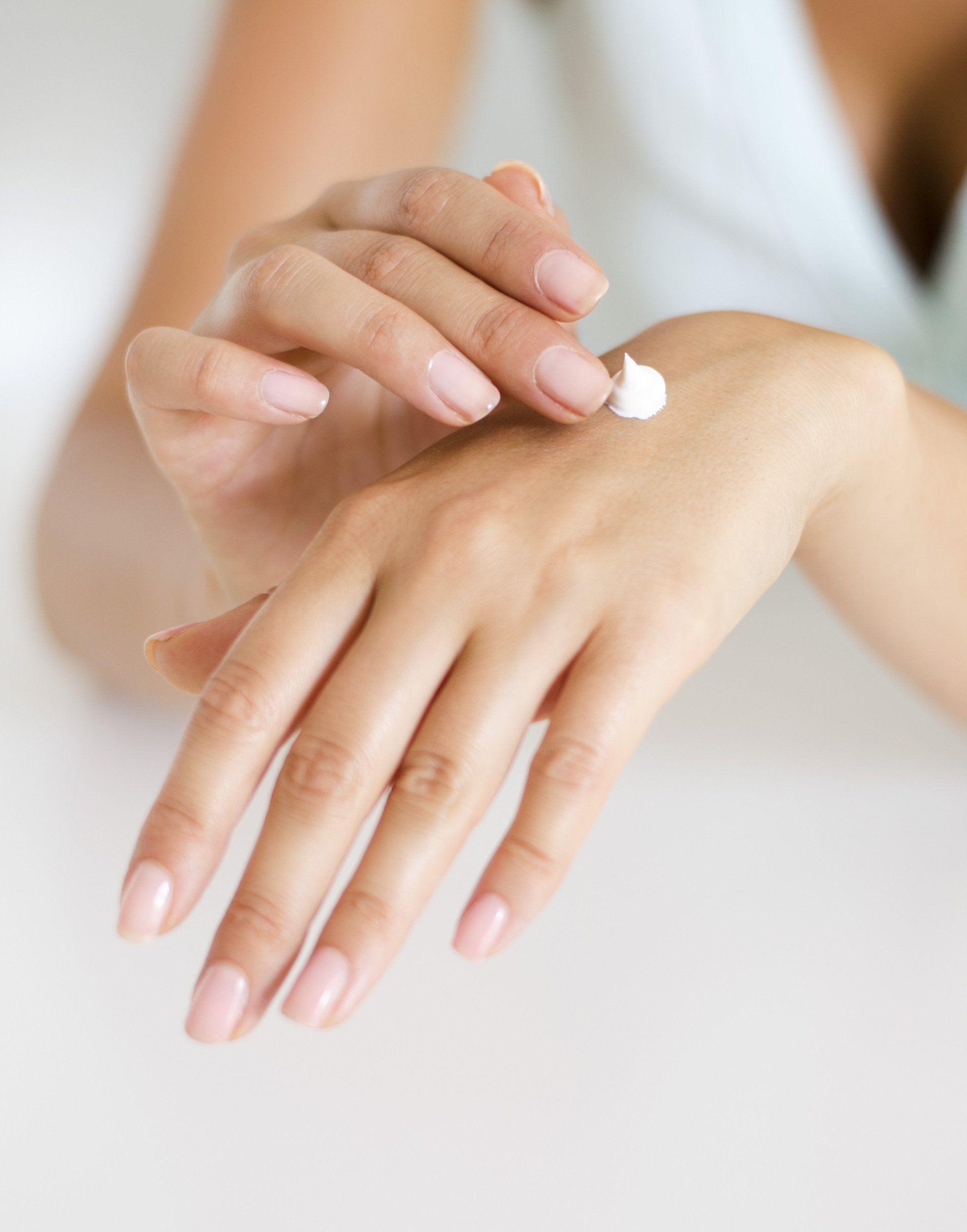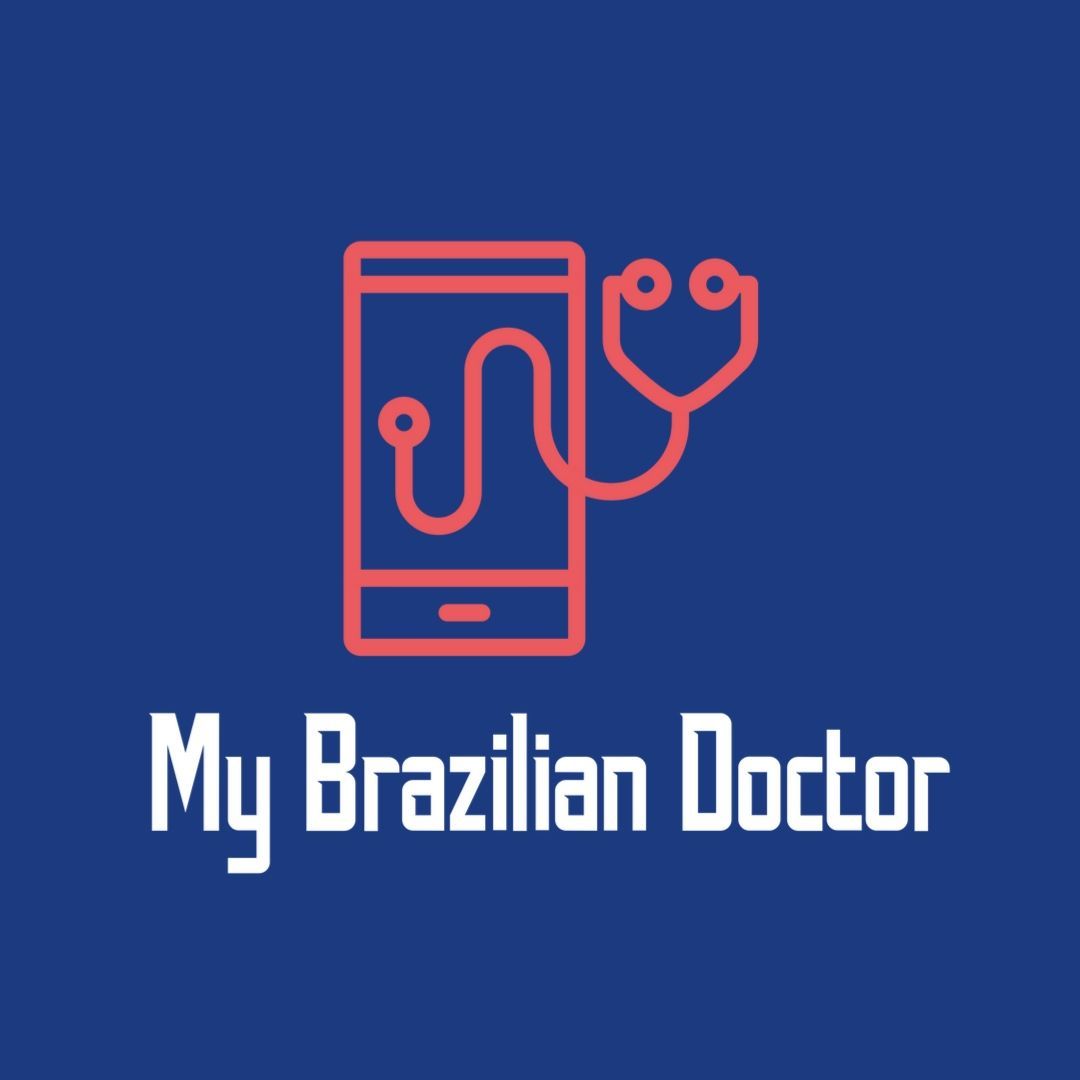STD TESTS
Navigating Testing Confusion:
Understanding the various STD tests can be perplexing, especially given the diversity of symptoms, timeframes post-sexual contact, and suspected diseases. Clarity is crucial, ensuring individuals receive the right tests at the right time and that treatments, depending on the situation, can be started without testing based on sintomatology approach.
Two Test Groups:
1) Urine and Swabs: These tests collect samples from genital discharge, urine, or swabs from genital and throat areas. They are effective shortly after symptoms appear or after unprotected sexual contact, targeting Chlamydia, Gonorrhea, and Mycoplasma.
2) Blood Tests: This group focuses on antibodies in the bloodstream, seeking immune reactions. Blood tests check for Syphilis, HIV, and Hepatitis B and C. Sensitivity varies among diseases; for example, Syphilis can be detected after 10 days, while HIV requires a 30-day window.
Testing After Unprotected Sex:
It's vital to consider the timeframe since exposure. Syphilis tests can be taken within 10 days, but HIV tests require a 30-day wait. Testing too early may yield inconclusive results, emphasizing the need for professional guidance.
Urgent Situations and PEP:
In situations of recent unprotected sex (within 72 hours) and concern about HIV, Post-Exposure Prophylaxis (PEP) is an option, where some drugs are prescribed to use during 30 days. Urgent tests, including rapid self-tests available in Brazilian pharmacies, can be prescribed. My Brazilian Doctor offers same-day consultations, 7 days a week, since the sooner some measures are taken the better, addressing what can be done promptly to reduce contamination risks.
Accessing STD Tests in Brazil:
STD tests in Brazil can be conducted in private labs, facilitated by a medical request digitally signed by a registered local doctor. My Brazilian Doctor can assist in locating nearby labs for convenience.
Public health centers also offer free STD testing in Brazil. However, bureaucracy and language barriers, as English communication is challenging, can be impediments.
My Brazilian Doctor simplifies the intricate landscape of STD testing, providing swift consultations, guidance on appropriate tests, and facilitating immediate access to treatment and testing locations tailored to individual circumstances.



